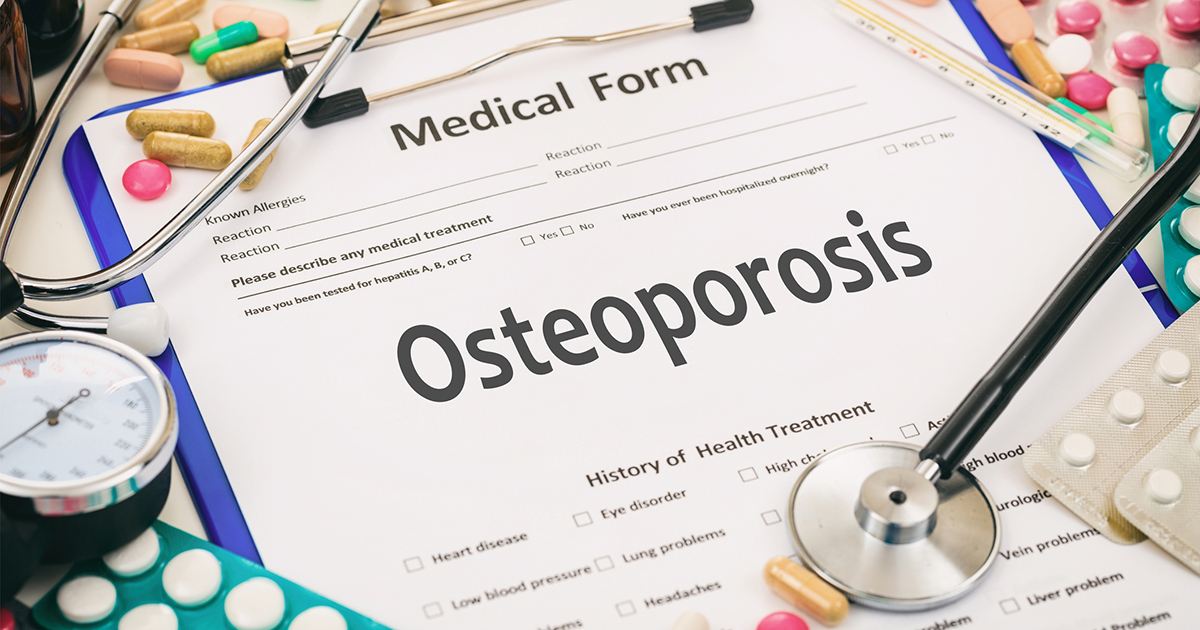Guide To The Health Benefits And Concerns About Soybeans
Reduce Risk Of Osteoporosis
Some research indicates soybeans can reduce an individual's risk of osteoporosis, which occurs when there's a loss of bone density. Bone loss causes the bones to be fragile and brittle, placing them at a much higher risk of breaking. Older individuals are much more prone to osteoporosis, as a loss of bone density is a normal part of aging. There have been observational studies indicating eating soy products regularly can lower the risk of developing osteoporosis for women after menopause. In addition, another study of postmenopausal women indicated two years of soy isoflavone supplements caused the bone density of the participants to increase. This implies in addition to slowing or stopping bone loss, eating soybeans might be able to partially or totally counteract the effects of osteoporosis. Data from multiple studies shows taking ninety milligrams of isoflavones each day for three months might promote the formation of bone and reduce overall bone loss. With that said, other studies have been inconclusive. While they haven't found a harmful impact on bone density, they also didn't measure any marked impact.
Move onto the concerns associated with soybeans next.
May Affect Thyroid Function

Though soy is popular for its potential health benefits, there are also several concerns researchers advise individuals to keep in mind. One worry is soybeans may adversely affect thyroid function. In addition, they might interfere with the body's ability to absorb synthetic thyroid hormones. This means if an individual is being treated for hypothyroidism, their treatment may become less effective if you have soy in your diet. There have been some studies regarding the effects of soy foods and isoflavones on thyroid function. When healthy individuals added soy to their diets, there was not a measurable adverse effect on thyroid function. This indicates there isn't significant scientific evidence showing soybeans can negatively impact thyroid function in individuals whose thyroids already function properly. However, in patients who already have hypothyroidism, soy might interfere with the body's ability to absorb their medication, which means they might need to use a higher dose of thyroid hormone. With that said, researchers say there's no need for hypothyroid patients to avoid soy foods entirely.
Get more details on concerns associated with soybeans now.
